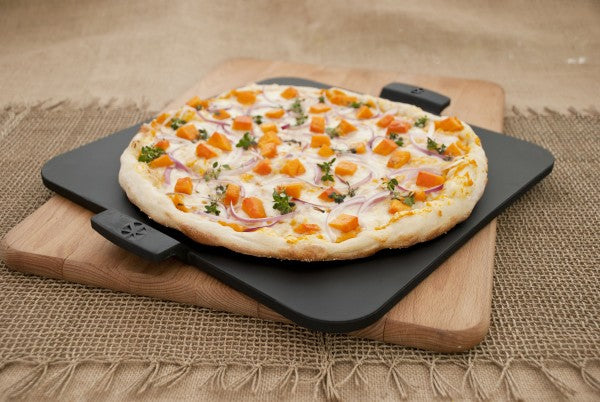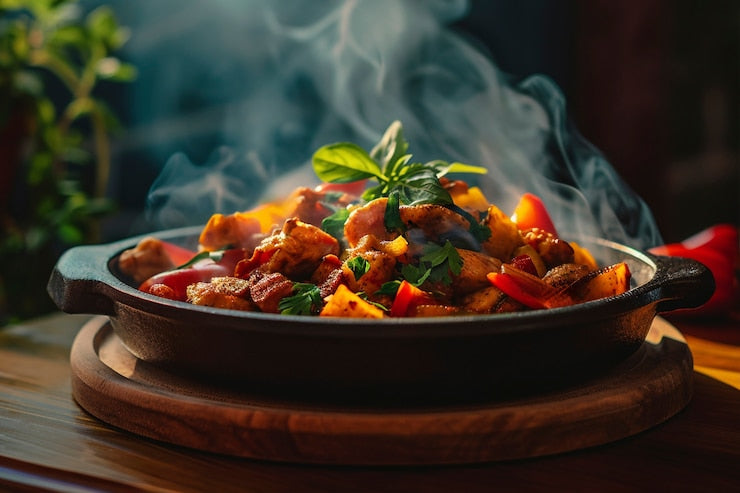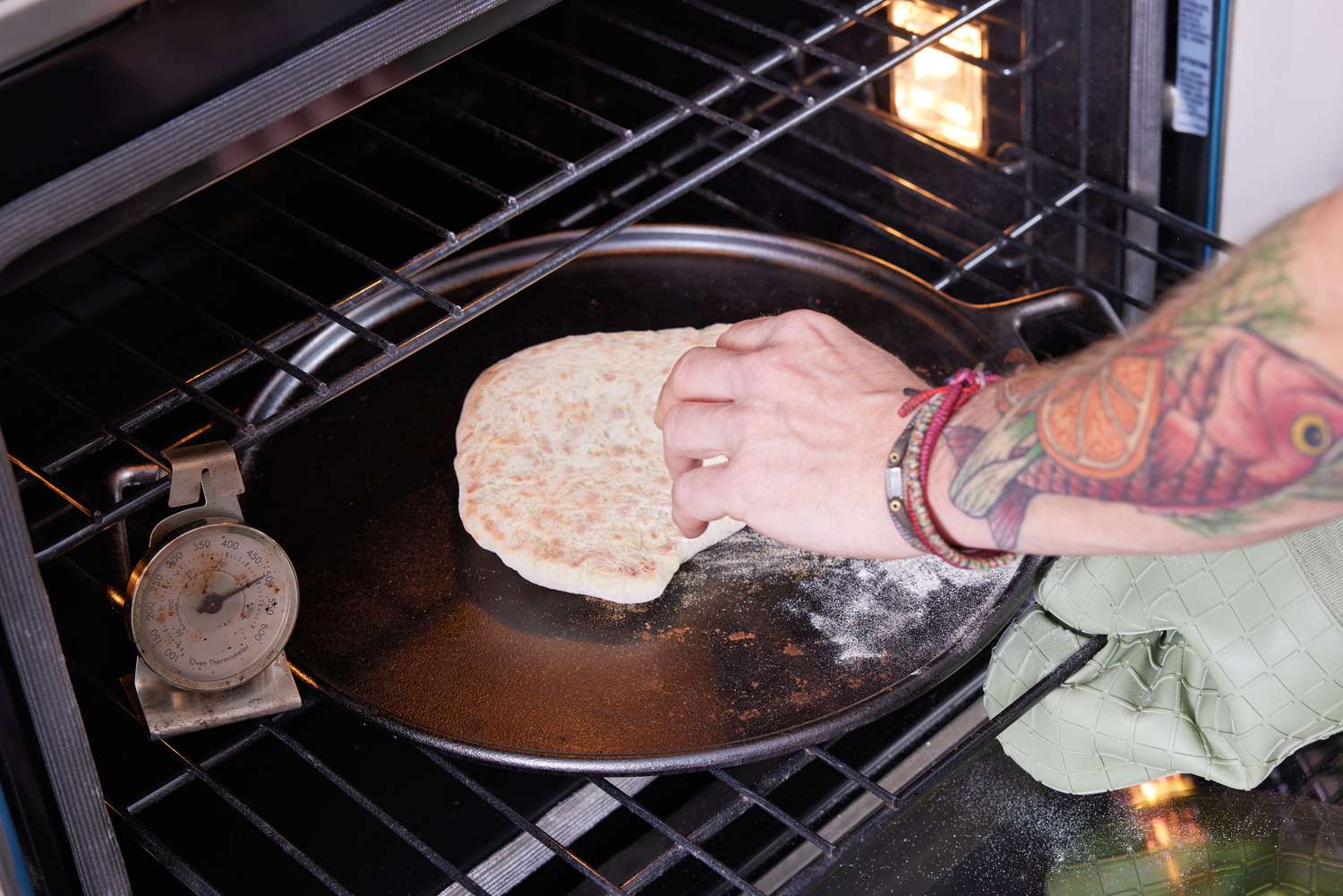For kitchen professionals, the choice of a baking stone can make a significant difference in the quality and consistency of baked goods. As the culinary industry continues to seek perfection in texture and crust, understanding how to choose the right baking stone becomes imperative. Whether you're crafting the perfect pizza or baking artisanal bread, the stone you select will affect the final outcome.
:max_bytes(150000):strip_icc()/pizza-stone-testing-winners-lodge-pre-seasoned-cast-iron-baking-pan-wdickey-3-07-4acd6ee95c134013907ffa659ffb212d.jpeg)
Understanding the Importance of Baking Stones
Baking stones are not merely tools; they are transformative elements in bestowing the ideal baking environment onto your creations. These stones are renowned for maintaining uniform heat distribution, which is crucial for preventing soggy or unevenly cooked items.
Material Matters
The material of the baking stone is perhaps the most critical factor. Most stones are made from either cordierite, ceramic, or heat-resistant composite materials. Cordierite stones are favored by professionals for their ability to withstand high temperatures without cracking, making them immensely durable. Ceramic stones, on the other hand, offer exceptional heat retention but are more prone to breakage if not handled with care.
For more on choosing between these materials, consider this in-depth discussion on whether a baking stone is worth it.
Consider the Size and Shape
When selecting your baking stone, its crucial to match the stones dimensions to your oven size. A stone that is either too large or too small can lead to inefficiency and uneven cooking. Rectangular stones offer more space, allowing you to bake multiple items simultaneously, whereas round stones are traditionally used for pizzas.
Thickness Matters
Thickness is another component that influences baking. Thicker stones typically retain heat better, resulting in more consistent cooking. However, they also require a longer preheat time. Professional chefs often endorse stones with a thickness of around inches for an effective balance between heat retention and convenience.
Surface Texture
Rough-textured stones provide a certain rustic quality to your baked goods, enhancing the overall aesthetic and crust development. Using a baking stone to maximize these qualities is recommended by many cooking experts. Be aware that smoother surfaces might work better for more delicate pastries or baked items.
Explore what makes a good baking stone for various baking needs and discover how to adapt these to your culinary requirements.
Care and Maintenance
Maintaining your baking stone is crucial for its longevity and performance. Avoid using soap as these stones are highly porous and will absorb detergents, which might affect your baking flavor. Instead, use warm water and a brush to clean off any residues.
Check out tips on evaluating baking stones to ensure you're choosing the best option for your kitchen.
Preheating Protocols
Preheating your stone ensures optimal results. For thick stones, allow at least 45 minutes of preheating time. This guarantees the stone evenly absorbs heat, emulating the professional-grade ovens used in bakeries and pizzerias.
FAQs
What is the best material for a baking stone?
Cordierite is often considered the best due to its ability to withstand thermal shock and its durability.
How thick should a baking stone be?
A thickness of 3/4 inches is generally recommended for balancing heat retention and handling convenience.
Can I use a baking stone for items besides pizza?
Absolutely. Baking stones are versatile and can be used for bread, pastries, and even roasting vegetables.
In conclusion, how to choose the right baking stone is a necessary skill for kitchen professionals aiming to produce baking perfection. By understanding the types, sizes, materials, and maintenance, chefs can significantly improve their output. For more practical applications of baking stones, visit
This article contains affiliate links. We may earn a commission at no extra cost to you.






Leave a comment
This site is protected by hCaptcha and the hCaptcha Privacy Policy and Terms of Service apply.